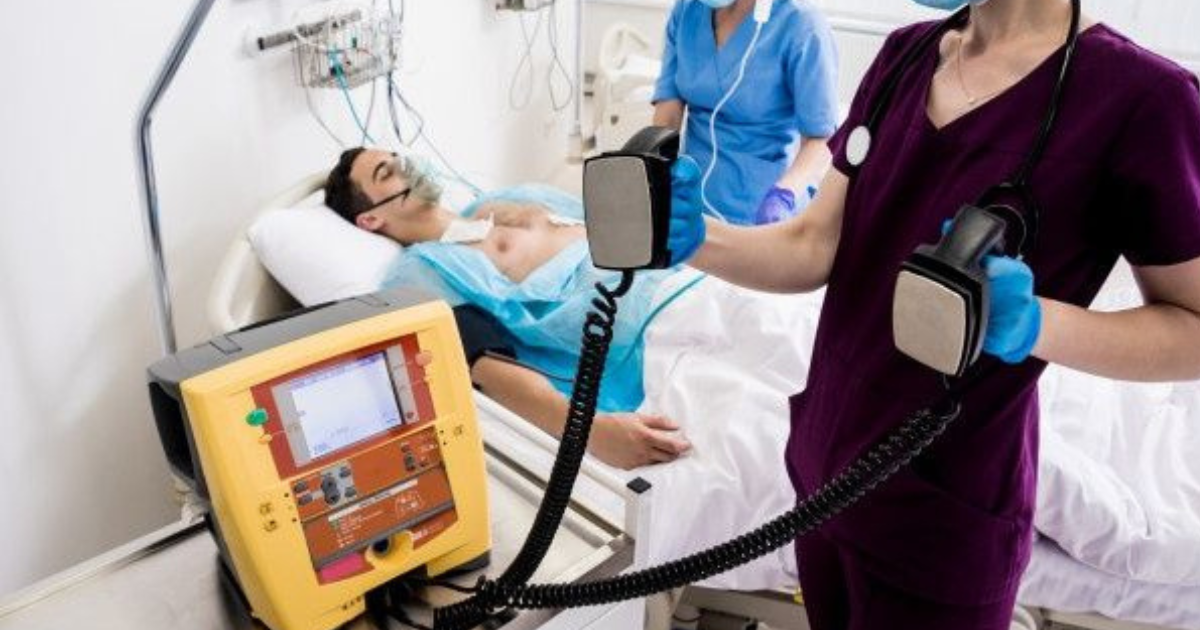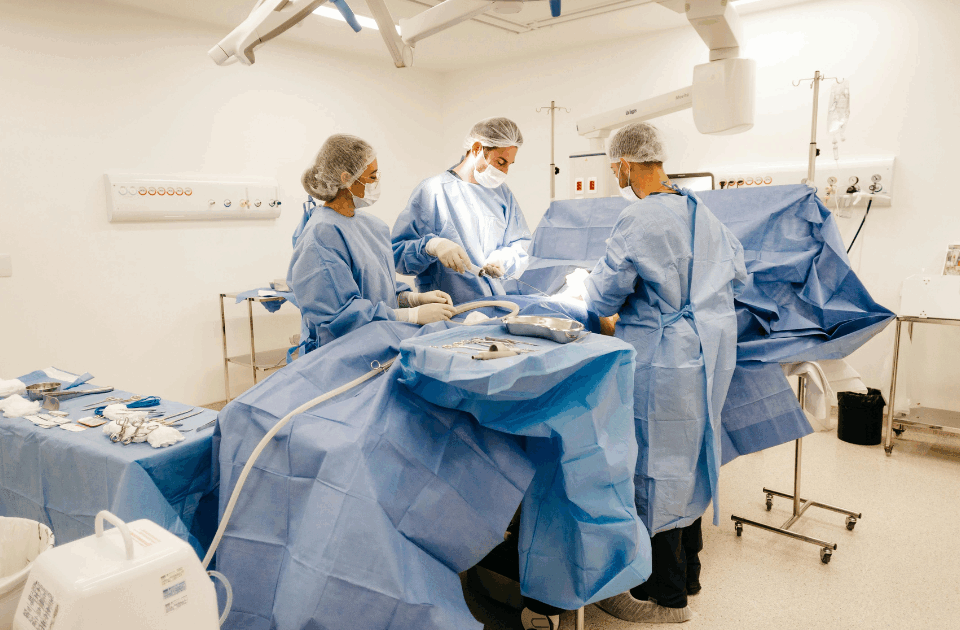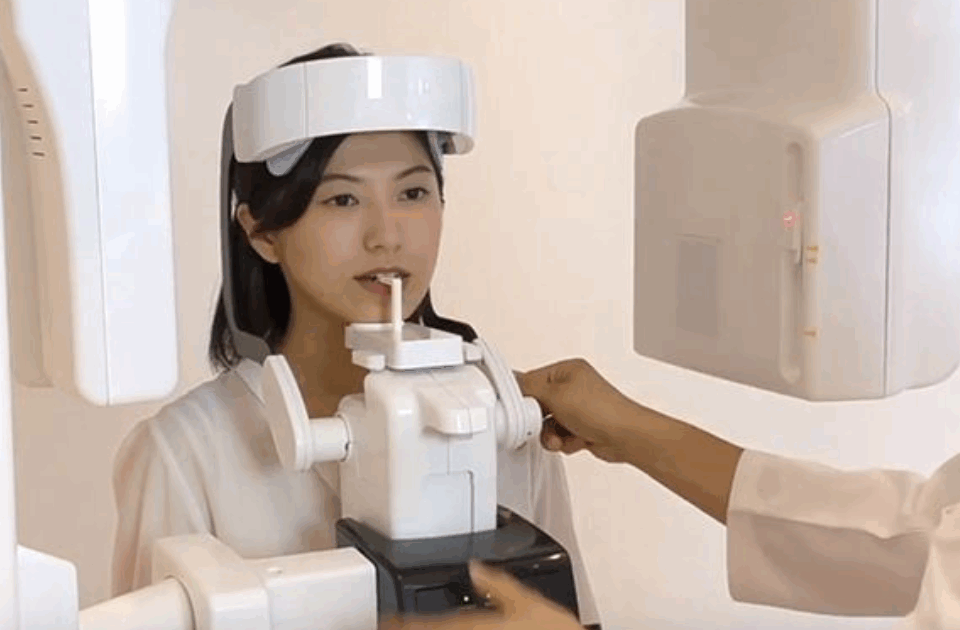
Novocare’s Angioplasty Services: How They Can Help Restore Healthy Blood Flow
September 12, 2025
Understanding the Role of Ultrasound and Mobile X-ray in Diagnosis
September 12, 2025Introduction
Cardiac care is evolving rapidly, with technology revolutionizing how heart diseases are diagnosed, treated, and monitored. Novocare Hospital is at the forefront, integrating advanced equipment, AI tools, robotic-assisted procedures, and telecardiology services to provide comprehensive cardiac care.
This article explores the future of cardiac care at Novocare, highlighting innovations, patient-centered strategies, and technological advancements that are transforming cardiology practice.
1. Emerging Cardiac Technologies
| Technology | Function | Patient Benefit |
|---|---|---|
| Robotic-Assisted Surgery | Precision minimally invasive heart procedures | Reduces recovery time and complications |
| AI-Based Diagnostics | Analyzes heart data to predict risk | Early intervention, personalized care |
| Wearable Heart Monitors | Tracks heart rhythm and vitals continuously | Real-time alerts for abnormal readings |
| Smart Stents | Monitors blood flow post-implantation | Reduces risk of restenosis |
| Telecardiology Platforms | Virtual consultations and monitoring | Improves accessibility and follow-up care |
2. Personalized Cardiac Care
Novocare focuses on individualized treatment plans, combining technology with patient-centered care:
| Service | Description | Benefit |
|---|---|---|
| AI Risk Assessment | Predicts likelihood of cardiac events | Enables proactive interventions |
| Genomic Heart Testing | Identifies genetic predispositions | Tailored lifestyle and treatment recommendations |
| Telehealth Follow-ups | Remote cardiac monitoring | Convenient, reduces hospital visits |
| Personalized Rehabilitation | Exercise and nutrition plans | Improves long-term heart function |
| Patient Education Tools | Mobile apps, webinars | Increases awareness and adherence |
3. Advanced Diagnostic Tools
| Tool | Purpose | Impact |
|---|---|---|
| 3D Echocardiography | Detailed heart structure visualization | Improves accuracy of diagnosis |
| Cardiac MRI | High-resolution imaging | Detects subtle heart muscle damage |
| Coronary CT Angiography | Non-invasive artery imaging | Identifies blockages early |
| Holter & Event Monitors | Long-term heart rhythm monitoring | Detects arrhythmias that may otherwise be missed |
| AI-Powered Imaging Analysis | Detects early signs of heart disease | Enhances predictive and preventive care |
4. Minimally Invasive Interventions
| Procedure | Technology Used | Patient Benefit |
|---|---|---|
| Angioplasty & Stenting | Balloon catheters, drug-eluting stents | Opens blocked arteries, short hospital stay |
| Robotic-Assisted Valve Surgery | Precision surgical robots | Smaller incisions, faster recovery |
| Catheter Ablation | Advanced mapping systems | Treats arrhythmias effectively |
| Hybrid Coronary Revascularization | Combines surgery with catheter techniques | Optimized outcomes for complex cases |
5. Telecardiology & Remote Monitoring
Novocare leverages digital health technology to monitor patients outside the hospital:
| Service | Function | Benefit |
|---|---|---|
| Remote ECG Monitoring | Tracks heart rhythm at home | Detects anomalies early |
| Mobile Health Apps | Medication reminders, health tracking | Improves adherence and lifestyle compliance |
| Virtual Consultations | Connects patients with cardiologists | Reduces unnecessary visits, increases convenience |
| Wearable Devices | Continuous heart and activity tracking | Immediate alerts for abnormal readings |
6. 15+ FAQs About Future Cardiac Care
1. What is robotic-assisted heart surgery?
A minimally invasive procedure using robots for precise heart surgery.
2. How does AI help in cardiology?
AI predicts risks, analyzes imaging, and recommends personalized interventions.
3. What are smart stents?
Stents that monitor blood flow and detect blockages post-implantation.
4. Can telecardiology replace in-person visits?
It complements care, enabling monitoring and virtual follow-ups.
5. How do wearable monitors benefit patients?
They provide continuous rhythm tracking and early alerts for abnormalities.
6. What is hybrid coronary revascularization?
A combination of surgery and catheter-based techniques for complex cases.
7. Are minimally invasive procedures safe?
Yes, with faster recovery and lower risk of complications.
8. How is personalized cardiac care achieved?
Through genomic testing, AI risk assessment, and individualized rehabilitation plans.
9. How frequently should patients use remote monitoring devices?
Daily, with automatic data transmission to the care team.
10. Can early AI diagnostics prevent heart attacks?
Yes, by detecting early abnormalities and guiding intervention.
11. What role does patient education play?
It increases adherence to lifestyle changes, medication, and follow-ups.
12. Are these innovations available at Novocare Sargodha?
Yes, Novocare integrates cutting-edge cardiology technology locally.
13. How does telehealth improve cardiac outcomes?
By ensuring timely follow-up, early detection, and patient engagement.
14. Can older adults benefit from robotic-assisted surgery?
Yes, minimally invasive approaches reduce surgical stress in elderly patients.
15. Are these technologies covered by insurance?
Coverage varies; Novocare can assist with insurance guidance.
16. How does Novocare ensure patient safety with advanced tech?
Through trained staff, AI alerts, and continuous monitoring in cardiac ICUs.
Expert Conclusion
The future of cardiac care lies in precision, technology, and patient-centric strategies. Novocare Hospital exemplifies this approach by integrating AI diagnostics, robotic-assisted surgeries, telecardiology, and wearable devices into everyday cardiology practice. According to Novocare cardiologists, these innovations enhance patient safety, reduce recovery times, improve long-term outcomes, and make cardiovascular care more accessible. As technology advances, patients at Novocare can expect personalized, proactive, and highly effective cardiac care, setting a new standard in modern heart health management.




